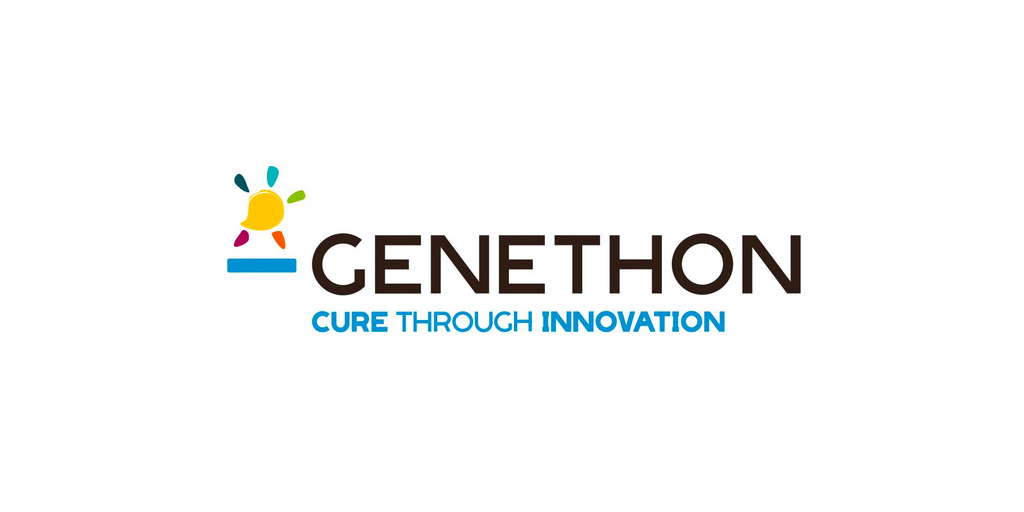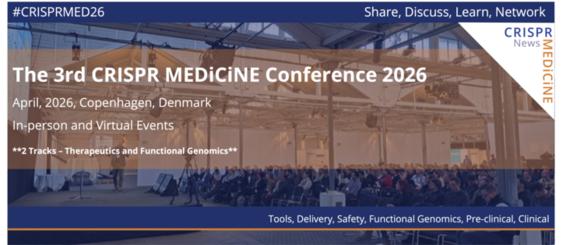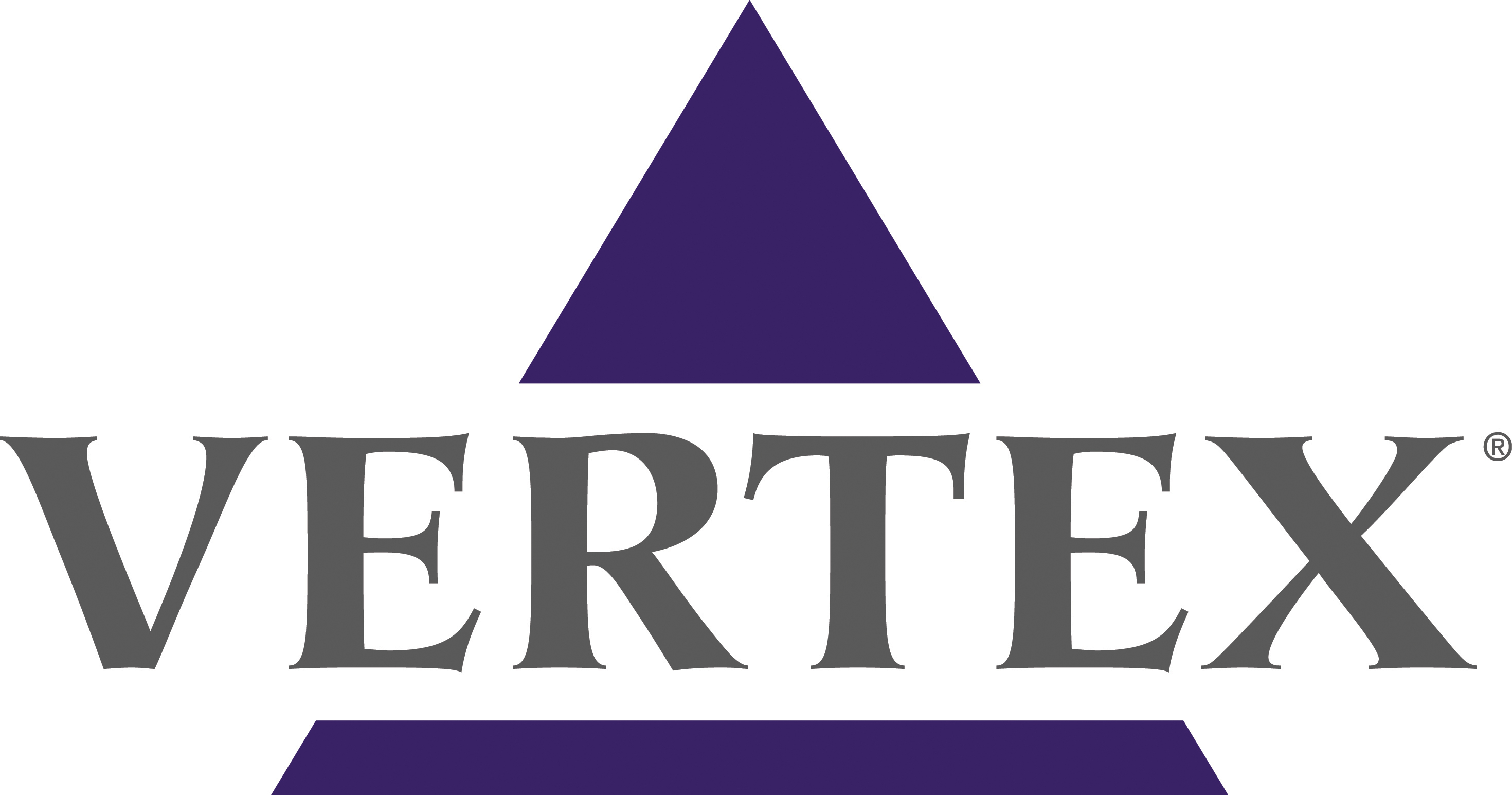Twenty Genethon researchers and collaborators will be featured in four oral and 18 poster presentations
PARIS--(BUSINESS WIRE)--Genethon, the French laboratory created by AFM-Telethon, announced today that 20 scientists will present the latest advances in development of gene therapies for many different types of diseases at the European Society of Gene & Cell Therapy’s 31st Annual Congress October 22 - 25, 2024 in Rome, Italy.


"Participating in the ESGCT congress is a unique opportunity for our teams to share the latest results of Genethon's work in the field of gene therapy, scientific and medical advances that can change patients' lives,” said Frederic Revah, Genethon’s Chief executive Officer. “The selected oral presentations and posters reflect not only the expertise of our teams, but also Genethon's pioneering role and recognized leadership in this sector."
The following four oral presentations feature research and innovations developed by Genethon (all times are CEST):
Wednesday, October 23rd
SESSION 3a: AAV vectors as tools in gene therapy of rare diseases - recent development to improve efficacy and safety (08:30 to 10:30)
Serge Braun - GNT0004, Genethon's AAV8 vector-delivered microdystrophin gene therapy for Duchenne muscular dystrophy: first data from Phase 1/2 part of GNT-016-MDYF all-in-one clinical trial in ambulant boys. Presentation of one-year data from the Phase 1/2 clinical trial.
SESSION 3d: Metabolic Diseases: Preclinical (08:30 to 10:30)
Louisa Jauze - Liver-directed AAV gene transfer corrects hypoglycemia and metabolic impairment in a GSDIII mouse model in the long term. Development of a gene therapy that corrected the hepatic symptoms of type III glycogenosis up to 9 months after injection in an animal model of the disease.
Thursday, October 24th
SESSION 7c: Cardio and Muscular (09:00 to 11:00)
Edith Renaud-Gabardos - Ten-year efficacy of gene therapy in a canine model of X-linked myotubular myopathy. Presentation of the functional effects and persistence of efficacy.
SESSION 9a: in vivo Gene Editing in Preclinical Models (15:30 to 17:30)
Maelle Ralu - CRISPR-Cas9 mediated endogenous utrophin upregulation improves Duchenne Muscular Dystrophy. Use of a CRISPR-Cas9 strategy, in the context of Duchenne muscular dystrophy in mice, to over-express utrophin in cells, a protein that can compensate for the absence of dystrophin, and thus improve the phenotype.
The following are 18 posters by Genethon collaborators:
AAV & Non-integrating vectors
- Valentina Buffa - Step by step development of a cell-based potency assay for the gene therapy product G3MDYF/GNT0004 (rAAV8 human Microdystrophin) - P0007
- Ricardo Rojas Gonzalez- Development of a full capsid enrichment polishing step in AAV8 purification process with CIMmultus® PrimaT® monolithic column - P0012
- Christian Leborgne - Evaluation of IdeS efficiency to reduce high titer of NAb and allow vector redosing in New Zealand White Rabbit - P0013
- Emmanuel Thevenot - Development of a quantitative alpha-dystroglycan glycosylation test in patients with Limb Girdle Muscular Dystrophy R9 treated in ATA-001-FKRP open-label multicenter AAV trial - P0088
- Ai Vu Hong - Multi-Properties Optimization of Myotropic AAV Capsid Through Combinatory Multi-VR Library and Deep-Learning Models - P0115
- Louise Mangin - The engineered AAVpo1.A1 vector efficiently transduces murine and human skeletal muscle fibers with liver detargeting in a model of X-linked myotubular myopathy - P0118
- Sonia Albini - Therapeutic efficacy of MIDI dystrophin variants via split intein dual AAV approach - P0124
Cardiovascular and muscular diseases
- Abbass Jaber - Trehalose treatment improves microdystrophin gene therapy in a Duchenne muscular dystrophy mouse model - P0265
- J Vissing - Natural history of limb girdle muscular dystrophy R9: two-year follow-up of a European cohort - P0264
Central Nervous System and Sensory Diseases
- Marion Derome - CSF-directed administration of an AAV9-ASAH1 vector to prevent acid ceramidase deficiency in newborn P361R-Farber mice - P0300
Disease models, IPS cells and organoids
- Sonia Albini - Disease exacerbation in MYOrganoids derived from Duchenne Muscular Dystrophy iPSC reveals limitations of microdystrophin therapeutic efficacy - P0371
Immune responses to gene therapy
- Novella Tedesco - Unequivocal detection of AAV-mediated gene doping: a two-step approach to the identification of vector transduction events - P0431
- O. Boespflug-Tanguy - Death after intravenous rAAV9 gene therapy for acid ceramidase deficiency in a SMA-PME patient - P0432
Genome editing
- Alexandra Tachtsidi - CRISPR/Cas9-induced genomic alterations and AAV-transgene targeted integration in HSPC through the lens of Long Read-sequencing - P0602
Immunotherapy and CART cells
- Anne Galy - Reduction of muscle fibrosis by FAP-CAR T cells enhances rAAV gene transfer efficiency in a murine model of Duchenne muscular dystrophy - P0734
Metabolic diseases
- Martina Marinello - Dose-finding and toxicological studies of intravenous administration of an AAV9-ASAH1 vector for Farber disease and spinal muscular atrophy with progressive epilepsy - P0890
- Jerome DENARD - Long-term correction of acid ceramidase deficiency by intravenous AAV-mediated gene therapy in presymptomatic P361R-Farber mice - P0893
Skin, lung and skeletal diseases
- Amandine Francois - A novel AAV gene therapy strategy targeting the liver to treat bone and dental defects in X-linked hypophosphatemia - P1010
About Genethon
A pioneer in the discovery and development of gene therapies for rare diseases, Généthon is a non-profit organization created by the AFM-Téléthon. The first gene therapy to treat spinal muscular atrophy, incorporating technologies developed at Genethon, is marketed worldwide. With over 200 scientists and professionals, Genethon pursues its goal of developing innovative therapies that change the lives of patients suffering from rare genetic diseases. Thirteen products from Genethon's R&D or collaborations are in clinical trials for diseases of the liver, blood, immune system, muscles and eyes. A further seven products could enter clinical trials in the next five years. To find out more www.genethon.fr
Contacts
Stéphanie Bardon
communication@genethon.fr
+33 (0) 6 45 15 95 87









